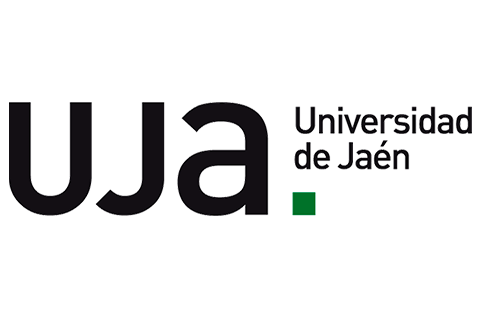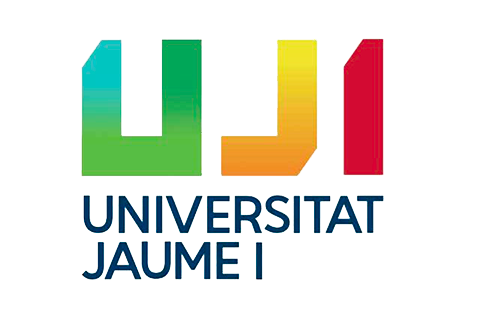Enfoque
The internationalization of higher education necessitates a commitment to quality across educational, social, and professional dimensions to enhance learning outcomes and institutional competitiveness. Through initiatives like mobility programs, dual degrees, and research partnerships, universities facilitate talent exchange and collaboration, fostering mutual understanding between institutions and countries. These efforts not only elevate learning, teaching, research, and innovation but also align institutions with global educational trends. Reflecting this commitment, the Universidad de Extremadura has advanced foreign language education through partnerships such as the EUGREEN alliance, implementing a training program aimed at strengthening the lecturers’ English proficiency as part of its internationalization strategy.
This paper presents a pilot study carried out at the Universidad de Extremadura, exploring faculty members’ experiences with a teacher training program designed to develop linguistic and cultural competencies in English through concise, specialized sessions. The study used a pre-training survey consisting of 33 questions to gather data on lecturers’ self-perceived needs, motivations, and expectations regarding pronunciation-focused training within a hybrid learning model. Specifically, it evaluated the faculty’s aspirations for improving pronunciation strategies, articulation of specific sounds, and intonation. A total of 27 faculty members (M age = 45.15) from varied academic backgrounds participated, reporting English proficiency levels ranging from B1 to C1. Participants indicated that their primary professional uses for English included conferences, publications, and meetings, with motivations centered on improving confidence, clarity, and effectiveness in these contexts.
The results showed pronunciation challenges with specific sounds, connected speech, and intonation. Participants expressed a strong preference for individualized feedback and targeted instruction on pronunciation techniques, particularly accentuation patterns and clarity improvement. These preliminary findings underscore a faculty-wide interest in pronunciation training to better meet professional as well as personal demands and advance the university’s internationalization goals. The training program’s approach shows promise in equipping educators with practical skills for global academic engagement, highlighting a valuable direction for future faculty development initiatives at the Universidad de Extremadura.






































Deja tu comentario
Lo siento, debes estar conectado para publicar un comentario.